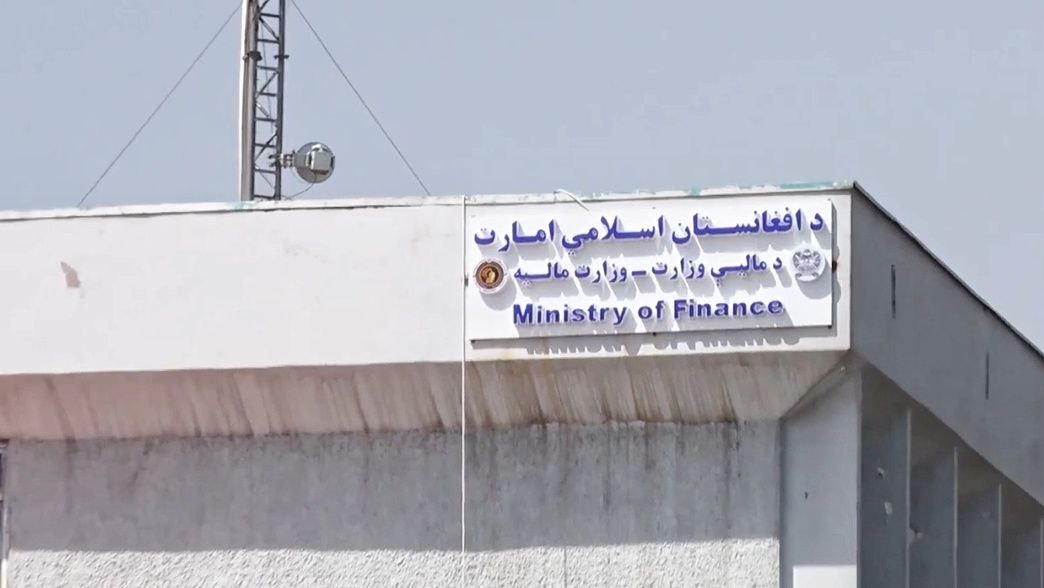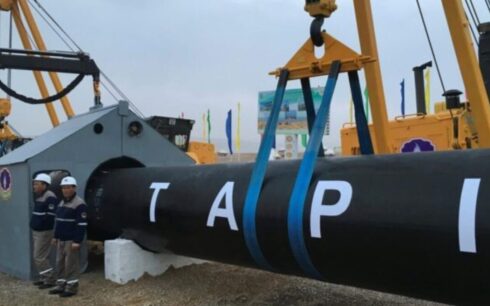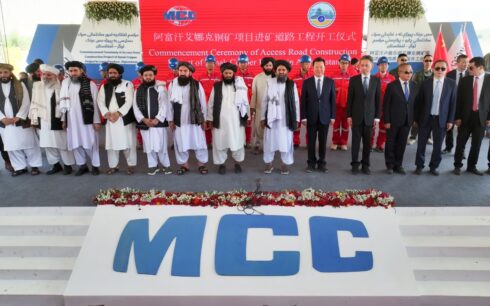Taliban has not revealed any details from its fiscal budget announced three months ago, leaving uncertainty around the sources of the funds and the areas in which it will be spent.
The website for the Taliban-run finance ministry shows details for three months of the budget for fiscal year 1400 (2021) but there are no entries for fiscal years 1401 and 1402 – 2022 and 2023 respectively.
The Taliban announced in May that its leader had approved the draft budget of the fiscal year 1402 (2023). However, no details have since been revealed.
Analysts said that keeping budget details under wraps will affect the flow of international aid to Afghanistan and will negatively impact people’s willingness to pay taxes.
“People will not believe in paying taxes and they will have doubts about how the budget is being spent. It also affects transparency for the international community,” said Siyar Quraishi, an economic affairs analyst.
Soon after August 2021, when the Taliban regained control, they announced a development budget for the second half of fiscal year 1400 (2021) at 28 billion AFN. This budget had been 161 billion AFN under the previous government. With this decision, at least 4,300 projects remained incomplete in various parts of the country.
Another analyst and former lecturer at Kabul University, Sayed Massoud, said the suspension of development projects left thousands of people jobless in different provinces.
“We faced a big problem. The development budget is for the projects that were started earlier and part of the country’s capital was spent on them. Therefore, the start of the budget would have been done by the country’s income and it would have created jobs and economic support,” he said.
The matter has created fundamental concerns among people in various provinces who say there is a need for the resumption of many development projects in different regions.
“There were projects, bridges were built and roads were constructed and there were NGOs and people had an opportunity to work,” said Ahmad, a Kabul resident.
“We really suffer from unemployment and poverty. It has really affected our minds,” said Najib, a Takhar resident.
This comes amid concerns from shopkeepers and small business owners about a sharp rise in taxes imposed by the Taliban in the past two years.





